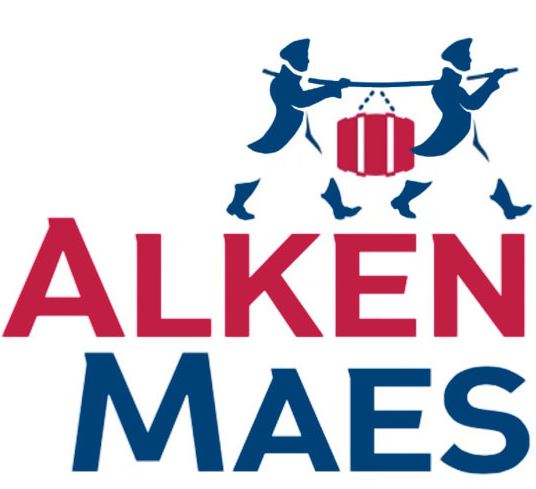Het nieuwe Boek 6 en de impact inzake verzekeringen:
een analyse aan de hand van 10 knelpunten
Mr. Sandra Lodewijckx en mr. Pieter-Jan Van Mierlo (Lydian)
Webinar op vrijdag 26 april 2024
Recente wetgevende ontwikkelingen
met impact op de bouwsector
Prof. dr. Kristof Uytterhoeven (Caluwaerts Uytterhoeven)
Webinar op dinsdag 27 augustus 2024
Aandachtspunten bij het opstellen
en analyseren van ICT-contracten
Mr. Lynn Pype en mr. Liesa Boghaert (Timelex)
Webinar op donderdag 16 mei 2024
Ondernemingsstrafrecht:
wat wijzigt er door boek I en boek II van het Strafwetboek?
Mr. Stijn De Meulenaer (Everest)
Webinar op dinsdag 11 juni 2024
Aandeelhoudersovereenkomsten
in het licht van de nieuwe wetgeving
Mr. Michaël Heene (DLA Piper)
Webinar op vrijdag 31 mei 2024
Tewerkstelling van buitenlandse werknemers:
nakende ingrijpende wijzigingen
Mr. Sophie Maes en mr. Simon Albers (Claeys & Engels)
Webinar op donderdag 25 april 2024
Five quick lessons from the Belgian Council of State’s first coronavirus judgment (Altius)
Author: William Timmermans (Altius)
Publication date: 28/04/2020
This judgment concerns one of the first measures on easing the Belgian lockdown rules. Since Saturday 18 April 2020, a ministerial decree has allowed two additional categories of shops to reopen: garden centres and DIY stores. Two plaintiffs, Andreas Stihl (a company selling agricultural equipment) and FEDAGRIM (the Belgian Federation of Agricultural Machine and Equipment Suppliers), challenged this decree before the Belgian Council of State. They argued that shops selling agricultural equipment should also be allowed to reopen and that excluding them was unconstitutional. The Council of State, in a judgment of 27 April 2020, has rejected their arguments and upheld the decree.
Here are our five quick lessons from the judgment.
1. The Council of State has rejected FEDAGRIM’s standing as a professional organisation. The Council of State has indicated that some FEDAGRIM members can sell their equipment through shops that are allowed to reopen, while other members cannot. Given that conflict of interest amongst its members, the Council has rejected FEDAGRIM’s standing. This is an important lesson for professional organisations that wish to challenge coronavirus measures (or other decrees).
2. The Council of State has held that the Belgian Minister of the Interior has the broadest possible discretionary authority given this most severe international health crisis affecting Belgium. This indicates that we can expect considerable restraint from the Belgian courts in exercising judicial review of coronavirus measures.
3. On the merits, the Council of State considers that the ministerial decrees on coronavirus (including the easing of the lockdown) have been taken on the basis of scientific advice. These pieces of advice have argued for a very gradual easing of the lockdown and for measures that ease the obligation to stay at home. Therefore, the Minister acted reasonably in limiting the opportunities for reopening to only garden centres and DIY stores. The Council has considered that these are shops with a broad product range that allow the general public to purchase goods for work at home or in the garden, which may ease the obligation to stay at home. Hence, the Council rejected the alleged violation of the principle of equality.
4. The Council of State has also rejected the alleged violation of the principle of legal certainty. This principle has not been infringed, even if there have been some discussions in the media on the exact scope of the decree. The general rule remains that the closure of the shops and exceptions to that rule (such as garden centres and DIY stores) must be interpreted narrowly. This could be debated, because the lockdown rules could themselves be considered as an exception to the general rules.
5. Finally, the Council of State has rejected the alleged violation of the freedom to run a business (as currently contained in the Belgian Code of Economic Law). The Council of State has referred to the Constitutional Court’s ample case law that states that this freedom is not absolute. The legislator and the government can limit this freedom to the extent these rules are not unreasonable, without cause or disproportionate. The Council has ruled that this severe limitation on the freedom to run a business is acceptable given all the circumstances.
The judgment is available here.
» Bekijk alle artikels: Geschillen & Procedure



















